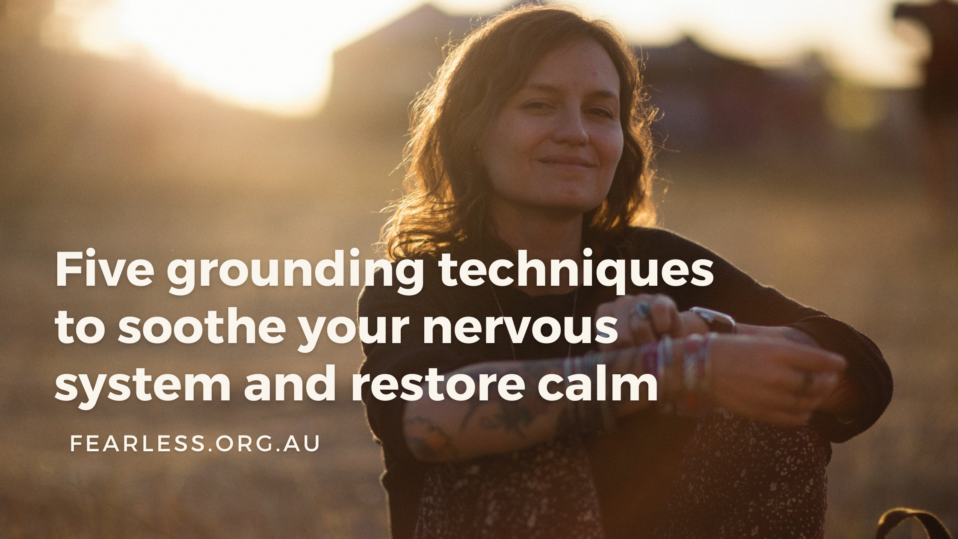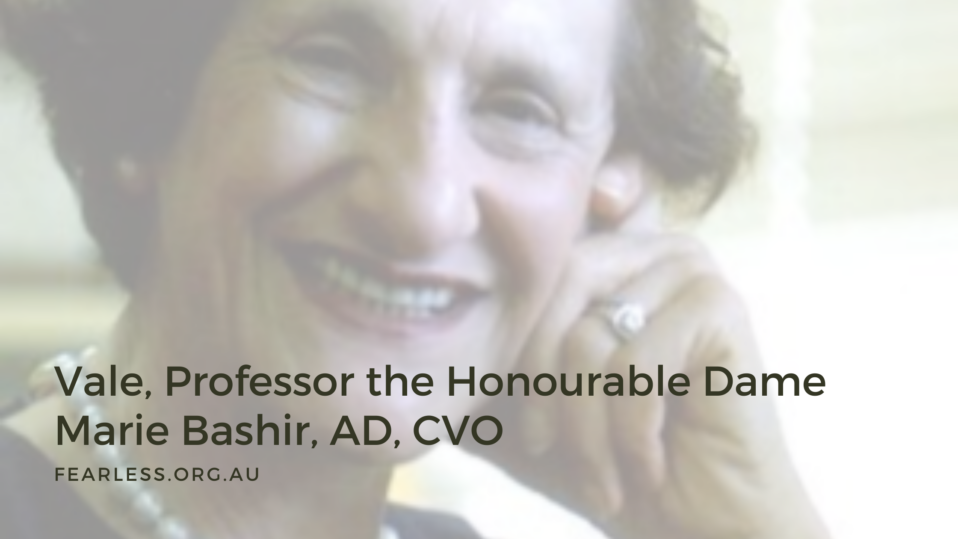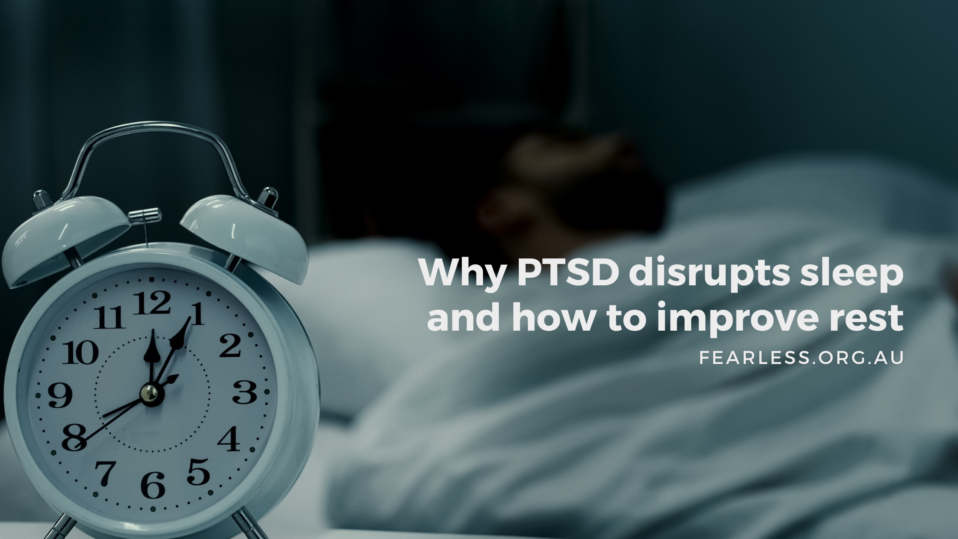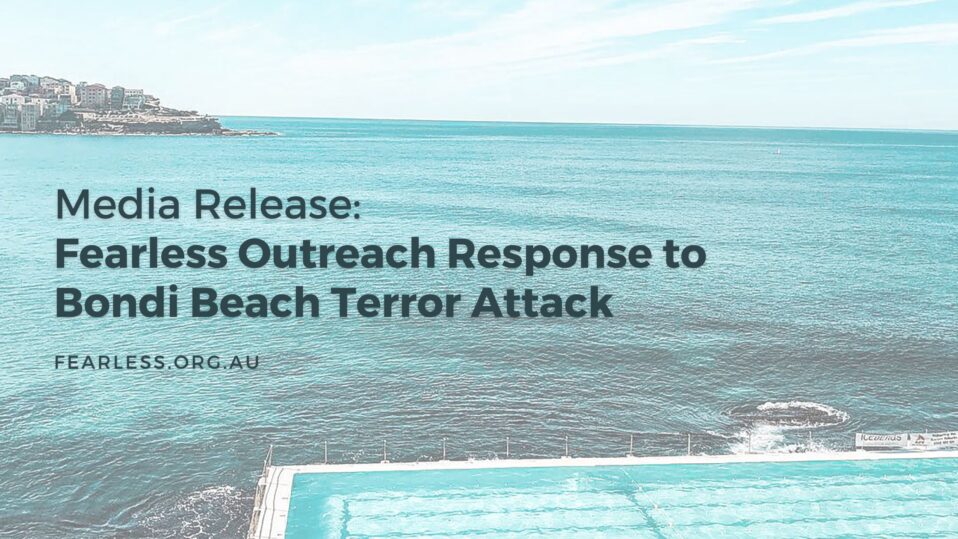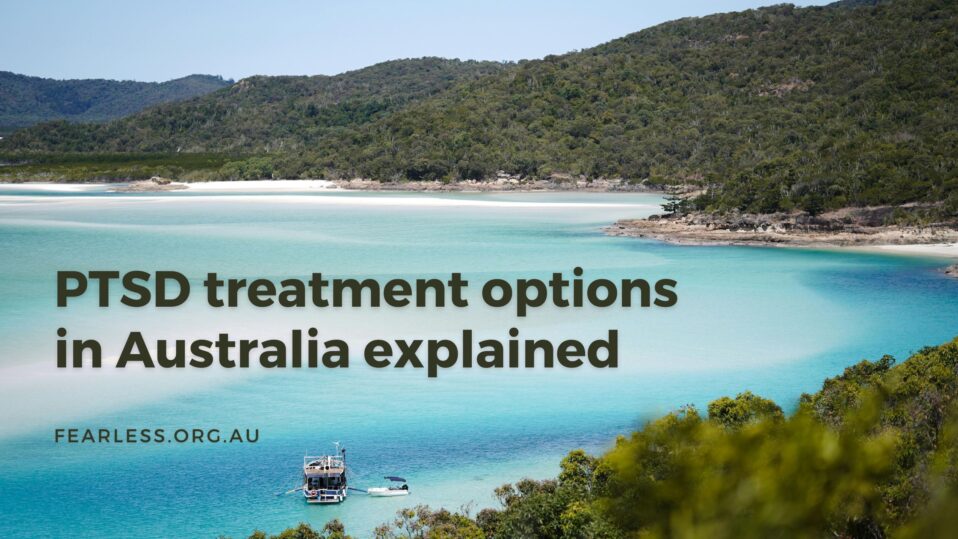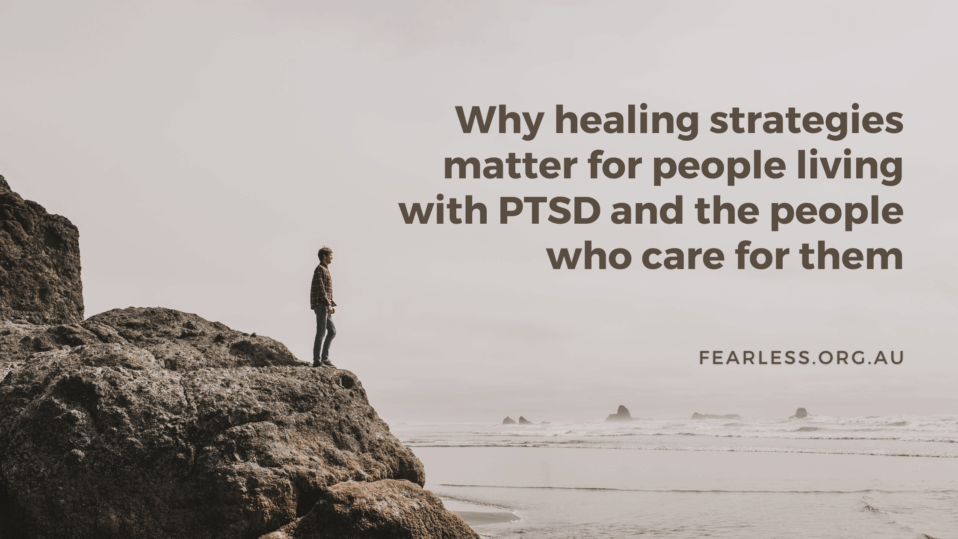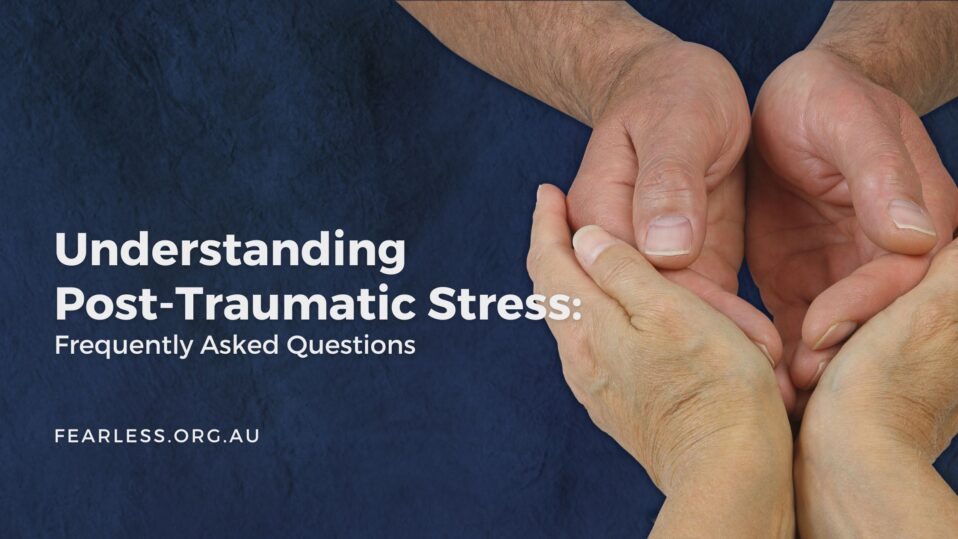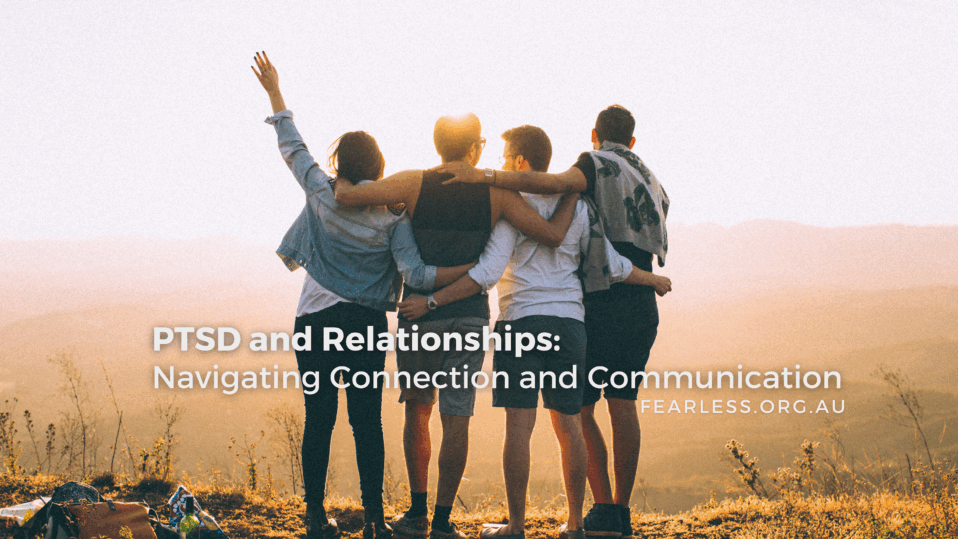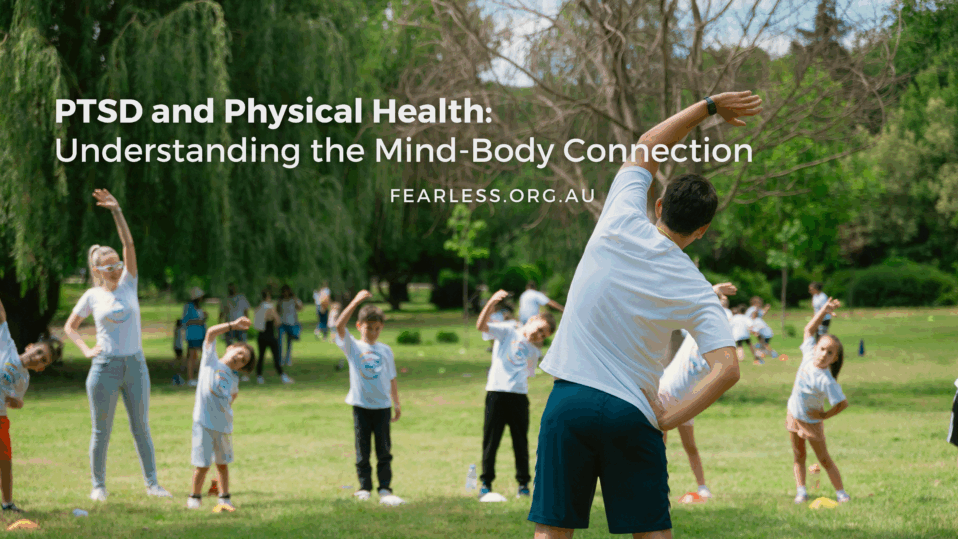Feeling overwhelmed, unsettled, or disconnected is a common experience for people living with post traumatic stress. Everyday stressors can quickly activate the nervous system, making it hard to feel steady or safe. Grounding techniques help bring the body and mind back into the present moment. These practices are not only…...
Building a healthier mindset: mental health goals for people living with post traumatic stress
The start of a new year often brings a sense of motivation and reflection. Many people set goals related to fitness, work, or finances. For people living with post traumatic stress, however, emotional wellbeing is just as important. Creating a healthier mindset is not about sudden transformation. It is about…...
Vale, Professor the Honourable Dame Marie Bashir, AD, CVO
Vale, Professor the Honourable Dame Marie Bashir, AD, CVO On behalf of the Fearless Outreach community, we pay tribute to our long-standing Patron, Dame Marie Bashir. In addition to her lifelong dedication to the medical profession and her distinguished service as Governor of New South Wales, Dame Marie was the…...
Why PTSD disrupts sleep and how to improve rest
Sleep problems are one of the most common challenges for people living with PTSD. For some, sleep becomes difficult soon after a traumatic event. For others, the disruption appears months later. When sleep is poor, it can affect mood, concentration, physical health, and the ability to cope day to day.…...
Media Release: Fearless Outreach Response to Bondi Beach Terror Attack
Fearless Outreach stands in solidarity with the victims, families, and all those affected by the tragic events at Bondi Beach on the evening of Sunday 14th December 2025. We extend our deepest condolences to those who have lost loved ones and heartfelt wishes for recovery to those injured. This senseless…...
PTSD treatment options in Australia explained
Post traumatic stress can affect anyone and can have lasting impacts on wellbeing, relationships and everyday life. While professional help is important, understanding what kinds of support exist can help people feel more prepared and confident when they decide to reach out for treatment. Evidence-based approaches In Australia, trauma-focused therapies…...
Why healing strategies matter for people living with PTSD and the people who care for them
Across Australia, many people live with the ongoing effects of post traumatic stress. Getting timely help can be difficult due to long wait times, the cost of appointments and the availability of qualified professionals, especially in regional areas. In many cases, families and carers are also unsure how to best…...
Understanding Post-Traumatic Stress: Frequently Asked Questions
Post traumatic stress can occur after a person experiences or witnesses a distressing or life-threatening event. It can follow incidents such as an accident, assault, natural disaster or combat exposure. While some people recover naturally, others continue to experience flashbacks, anxiety, and emotional numbness long after the event. When these…...
PTSD and Relationships: Navigating Connection and Communication
Living with PTSD affects more than just the individual. It touches the lives of partners, families, friends, and colleagues. Relationships can feel strained when trauma symptoms interfere with communication, trust, and emotional closeness. But with understanding and practical strategies, connection is still possible. How PTSD Impacts Relationships PTSD often brings…...
PTSD and Physical Health: Understanding the Mind-Body Connection
When we think of PTSD, the focus is often on emotional or psychological symptoms. But trauma also affects the body. From sleep problems to chronic pain, the physical impacts of PTSD are real and can affect long-term health. Understanding this mind-body connection is vital for holistic recovery. How Trauma Affects…...

